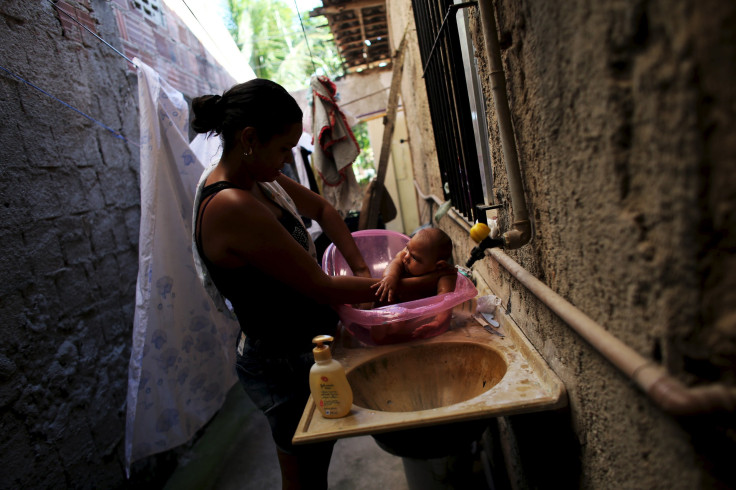Amid Zika Outbreak, Guillain-Barre Cases On Rise In Latin American Countries

Guillain-Barre syndrome, a rare neurological disorder known to cause temporary paralysis, was reported on the rise Saturday by the World Health Organization in several countries that have been battling an outbreak of the Zika virus, including Brazil and Colombia, the Washington Post reported.
Reports of Guillain-Barre in Brazil, El Salvador, Suriname, Venezuela and Colombia were recorded alongside the rising number of cases of the Zika virus, which has spread to 34 countries. Zika may be linked to microcephaly, a birth defect that causes babies to be born with smaller than normal heads, which could lead to problems with their development.
The WHO said Guillain-Barre also was reported when there was an outbreak of Zika in French Polynesia in 2013 and 2014, but no scientific link has yet been established. Officials are also still looking for a definitive link between Zika and microcephaly. About 252 cases of Guillain-Barre have been reported in Venezuela, occurring in the same places as Zika, Reuters reported.
Guillain-Barre can be lethal, and can cause muscles that control bleeding to be paralyzed, among other complications. About 3-5 percent of Guillain-Barre victims die as a result of the syndrome’s complications.
The WHO said Saturday “prevention measures have become critical. There are concerns that the Zika virus may spread globally to environments where mosquitoes can live and breed,” Reuters reported.
No one’s sure if a germ or virus, like the #Zika virus, causes Guillain-Barre syndrome. https://t.co/LCvDRvQCmu pic.twitter.com/RpAbVVtWkt
— WebMD (@WebMD) February 11, 2016
Colombia said Saturday more than 5,000 women in the country have been affected by Zika. There is currently no vaccines for Zika, which only causes noticeable symptoms in about 80 percent of those infected. The WHO has said there is a rush to develop a vaccine, but it would take some 18 months before clinical trials could be conducted.
© Copyright IBTimes 2024. All rights reserved.





















